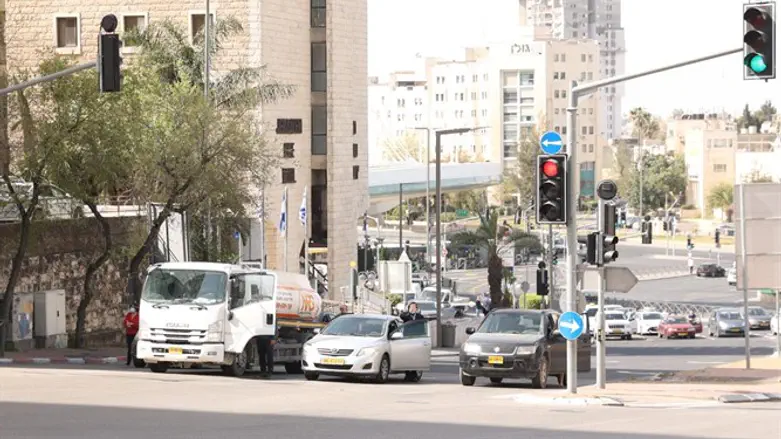
Chief Rabbi of Tel Aviv Rabbi Yisrael Meir Lau, himself a Holocaust survivor, was once asked by a public figure in Poland why there are no statues of famous historical figures in Israel like there are in almost every other country around the world.
"Where is the statue of Maimonides?," he asked. "Where is Moses? Where is the statue of Rabbi Ovadia Yosef? Why do your spiritual leaders fail to get the attention they deserve in commemorative monuments and statues, and why has no such demand ever been made by a single modern Orthodox or haredi Knesset Member?"
"Beyond the fact that human statues are a sensitive topic within the Jewish faith," explained Rabbi Lau, "The magical folklore of our ancient culture continues to guide our way of life to this day."
"On the 14th day of the Jewish month of Nissan, Jews around the world celebrate the Passover holiday, marking our redemption from slavery in Egypt more than 3,500 years ago. In the month of Tishrei we celebrate the New Year, marking the creation of the world, and on the 25th of Kislev, we gather to make the holiday of Hanukkah, when a band of zealots expelled the Seleucid Empire from the Jewish homeland. Jews in Morocco, Venezuela, Israel and Texas gather at the local synagogue at the same times of year and pronounce the same prayers," continued the rabbi. "That's the best way of commemorating our heritage," he added.
Every year, the haredi community is attacked for their perceived lack of participation in ceremonies marking Holocaust Remembrance Day. There are those who make a point of "catching" religious-looking youngsters attending barbecues at outdoors recreational areas, thus presenting the entire haredi community as a single, anti-Semitic body and "pointing out" that as far as religious Jews are concerned, "the memory of the Holocaust simply does not exist."
This is, of course, utter nonsense. There is hardly a single member of the haredi sector (certainly from among ethnic groups with European roots) who did not lose significant parts of their family in the Nazi massacre. The grandmother of this article's author lost almost her entire family in Auschwitz. The incredible internal strength and will to survive they discovered in the labor camps are qualities passed down from generation to generation, and symbolize Jewish devotion to our Nation and God.
The religious community commemorates the biggest tragedy to have befallen our people in a different fashion, however. For the religious Jew, "heroism" is not limited to our people's fighting spirit during the Holocaust and in the years to come, or a one-day memorial. Rather, it is the spiritual revival in Israel and around the world - the continuity of the Torah way of life of generations past. It is the fervent desire to preserve what our ancestors maintained at the risk of death; to continue believing what they believed.
While secularism in Israel identifies with individual heroics and social progress, the religious community sanctifies our national history, maintains traditions we've held close to heart throughout centuries of Exile, and structures its future and the future of its children on the same beliefs.
So the siren was sounded and some haredim may have been photographed reading psalms instead of standing still as a way of commemorating the Holocaust. But just as haredim ask secular Israelis to respect the Sabbath in the public arena - all haredim are required to stand in silence and recite psalms in memory of the murdered. At the end of the day, even though we have different notions of what's right and wrong, we are one nation. For the religious community, however, the memory of the Holocaust continues even after the siren comes to a stop.
